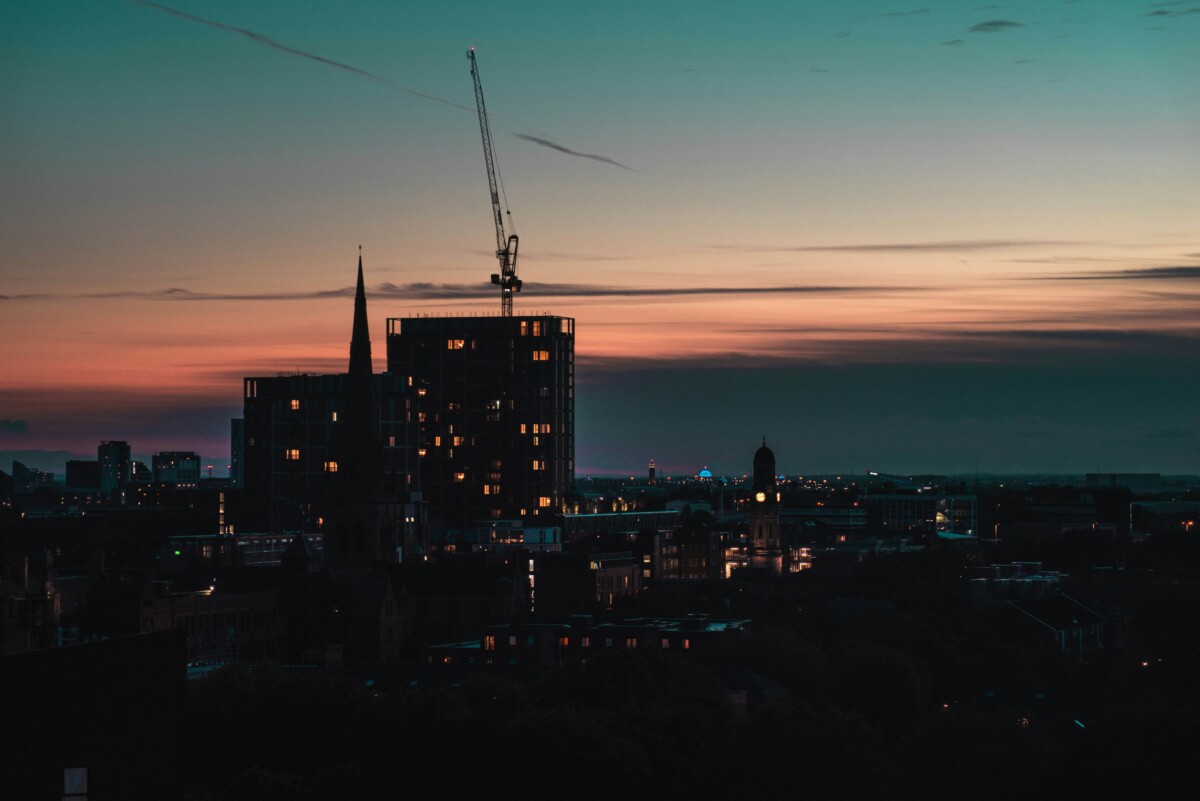
The Most Dangerous Kind of Silence: Why Greenhushing Puts Climate Progress at Risk.
There’s a form of climate delay that doesn’t come from denial. It comes from fear.
Date: July 2025
Read time: 4 mins
Author: The Anti-Greenwash Charter
Not the fear of change, or cost, or commitment—but the fear of saying the wrong thing. And so many organisations, particularly in the built environment, are choosing to say nothing at all.
This is greenhushing—and it’s not just common. It’s becoming default.
In the latest episode of the Futurebuild Podcast, Charlie Martin, CEO and founder of The Anti-Greenwash Charter, names the problem plainly. Greenwashing may still grab headlines, but it’s greenhushing—silence, self-censorship, the retreat from visibility—that is quickly emerging as the greater threat.
And in an era when trust, transparency, and rapid climate progress are non-negotiable, it’s also a threat we can’t afford to ignore.
The Paradox: Progress Is Happening—But Fewer Are Talking About It
Drawing on insights from the first annual Green Claims Pulse Survey, a collaboration between Futurebuild, The Carbon Literacy Project, and Hattrick, Charlie outlines a stark contradiction: many organisations are more active on sustainability than ever, but less willing to talk about it.
-
More than a third of built environment professionals said their organisations have pulled back from communicating sustainability progress.
-
Two-thirds reported increased fear around greenwashing allegations over the past year.
“We’re seeing organisations doing good work, but feeling unsafe sharing it,” Charlie explains. “They’re afraid that if they get one word wrong, they’ll be accused of greenwashing.”
It’s a shift from spin to silence. And while that may feel safer, it risks something bigger: credibility, momentum, and public trust.
Marketing as a Catalyst—Not Just a Mouthpiece
But this isn’t a takedown of communications. It’s a call to elevate it.
In the podcast, Charlie argues for a reimagining of marketing’s role—not as a promoter of sustainability, but as a catalyst for it. When used with care and honesty, marketing becomes a bridge between intention and impact. Between ambition and accountability.
And it starts, he says, with radical transparency.
Not because transparency is fashionable—but because it’s functional. It’s the only thing that builds lasting trust.
“We don’t need perfection,” Charlie says. “We need brands to show their work. To be honest about what they’ve done, what’s still messy, and what they’re trying to get right.”

The Built Environment Is Being Watched—But Not Heard
The construction and built environment sector accounts for around 40% of the UK’s carbon footprint. Its decarbonisation isn’t a nice-to-have—it’s central to national climate targets.
And yet, according to the Green Claims Pulse Survey, only 18% of the public over 45 believe the industry is building a sustainable future. Gen Z is slightly more optimistic—but deeply sceptical of vague or performative claims.
The gap isn’t just in action. It’s in communication. The sector has the data, the pilots, the partnerships—but not always the confidence or frameworks to tell its story with integrity.
That’s where Charlie and the Anti-Greenwash Charter see an opportunity.
Radical Transparency Is the New Leadership
The Charter’s mission isn’t to police or shame brands—it’s to equip them. To create a culture where marketers, sustainability teams, and leadership have the tools, language and backing to communicate responsibly.
That includes encouraging brands to:
-
Create internal green claims policies
-
Align with trusted guidance like the CMA’s Green Claims Code
-
Invite third-party review of sustainability communications
-
Publish with confidence—not caution
These aren’t just box-ticking exercises. They’re credibility infrastructures.
And beyond that, the podcast hints at the rise of new mechanisms—like truMRK, a mark of communication integrity that provides an independent review of sustainability reports, checking not performance data, but how claims are communicated, and whether the language stands up to scrutiny.
In a regulatory grey zone, tools like these are helping bridge the gap between silence and substance.
Final Word: The Risk Isn’t Talking—It’s Disappearing
Greenhushing isn’t a scandal. It’s a warning. One that says: the pressure to communicate has become so intense, many would rather opt out than get it wrong.
But opting out has consequences too. It leaves the floor open for the loudest voices—not always the most honest ones. It weakens culture change. And it slows collective momentum when we can least afford delay.
If the built environment is going to meet the moment, it needs to find its voice again—not louder, but braver. Not perfect, but clear.
Because in the end, the climate doesn’t care how beautiful your brand story sounds. But people do. And people are how movements build.
Communicate About Sustainability with Confidence
If your organisation wants to protect its reputation, reduce greenwashing risk, and communicate sustainability with confidence, we’d love you to join us.
📢 Become a signatory of The Anti-Greenwash Charter.
Shape the future of responsible communication and show stakeholders what honest, trusted sustainability leadership looks like.
